Path to 1,000 - A Guide for New Clean Energy Communities
Owing to recent changes, the Clean Energy Communities program offers additional incentives for newly participating municipalities to earn grant funding for energy efficiency projects and promote healthier and more sustainable communities.
If you are a municipal leader, or a resident looking for ways to help out your town, this guide will cover ways to begin engaging in clean energy solutions, and lay out one potential path for reaching grant funding to jump-start your municipal electrification journey!
Key funding sources for communities new to the CEC program include:
Designation Grants: $5,000 is awarded to communities that complete four high-impact actions. These grants support a variety of projects like energy use studies, Clean Energy Funds, bicycle infrastructure, intern salaries, community campaigns, and more, all without a cost-sharing requirement.
Points-based Grants: Communities that accumulate 1000 points in the program are eligible for $10,000 grants. This also applies to communities that have previously achieved 1000 points or more.
For municipalities with prior engagement in the program, completing one action will lead to an immediate grant of $10,000 to foster clean energy initiatives.
Actionable Steps Toward Clean Energy Funding:
Advanced Benchmarking (300 Points): Benchmarking is the comparison of energy usage year-to-year in municipal buildings. It’s an insightful process that identifies high energy-consuming facilities, and it also shows where cost-saving measures have been effective. To complete this action, data from the past two years of utility bills is entered into the Energy Star Portfolio. If that seems daunting, your Clean Energy Community Coordinator can help. This action is also rewarded with a complimentary CEC Energy Study of one municipal building, offering recommendations for enhancing energy efficiency and potential cost savings.
Municipal Fleet Inventory (200 Points): Conducting a fleet inventory is instrumental for fleet managers in optimizing maintenance, repairs, and upgrades. This action requires municipalities to have at least five vehicles and provides a platform for significant fuel cost savings.
Energy Code Enforcement Training (300 Points): As building energy codes evolve, additional training becomes crucial for understanding new construction requirements. Code officers participating in trainings earn continuing education credits and can represent multiple jurisdictions, making this action highly accessible.
The above actions will get your community most of the way towards funding. There is no one-size fits all strategy for communities looking to participate. Several other actions may be right for your municipality.
Some municipalities may favor installation of EV charging stations for public or government operations. State parks and thruways are already slated to receive funding towards charging stations, and there are additional incentives such as Make Ready that can reduce costs even further.
LED Streetlights (700 Points) are low energy options compared to traditional HPS lights, and can provide significant cost savings for municipalities. Municipalities that pay for the energy for their streetlights, even if they do not own the lights themselves, can qualify for this action if they have already changed their lights, or if they engage their utility to get started.
Municipalities can sign their electric accounts up for Community Solar (200 points). Community Solar providers can often offer direct discounts on utility bills. Working with a provider, municipalities can ensure that their energy is sourced from renewable sources, some that may be in the municipality itself.
Lastly, some municipalities have reduced energy costs and made municipal facilities more comfortable for occupants. If you have completed significant upgrades to one or more municipal facilities, including LED lighting upgrades, heating improvements, or other energy saving measures, you may qualify for the Clean Energy Upgrades action (500 points).
